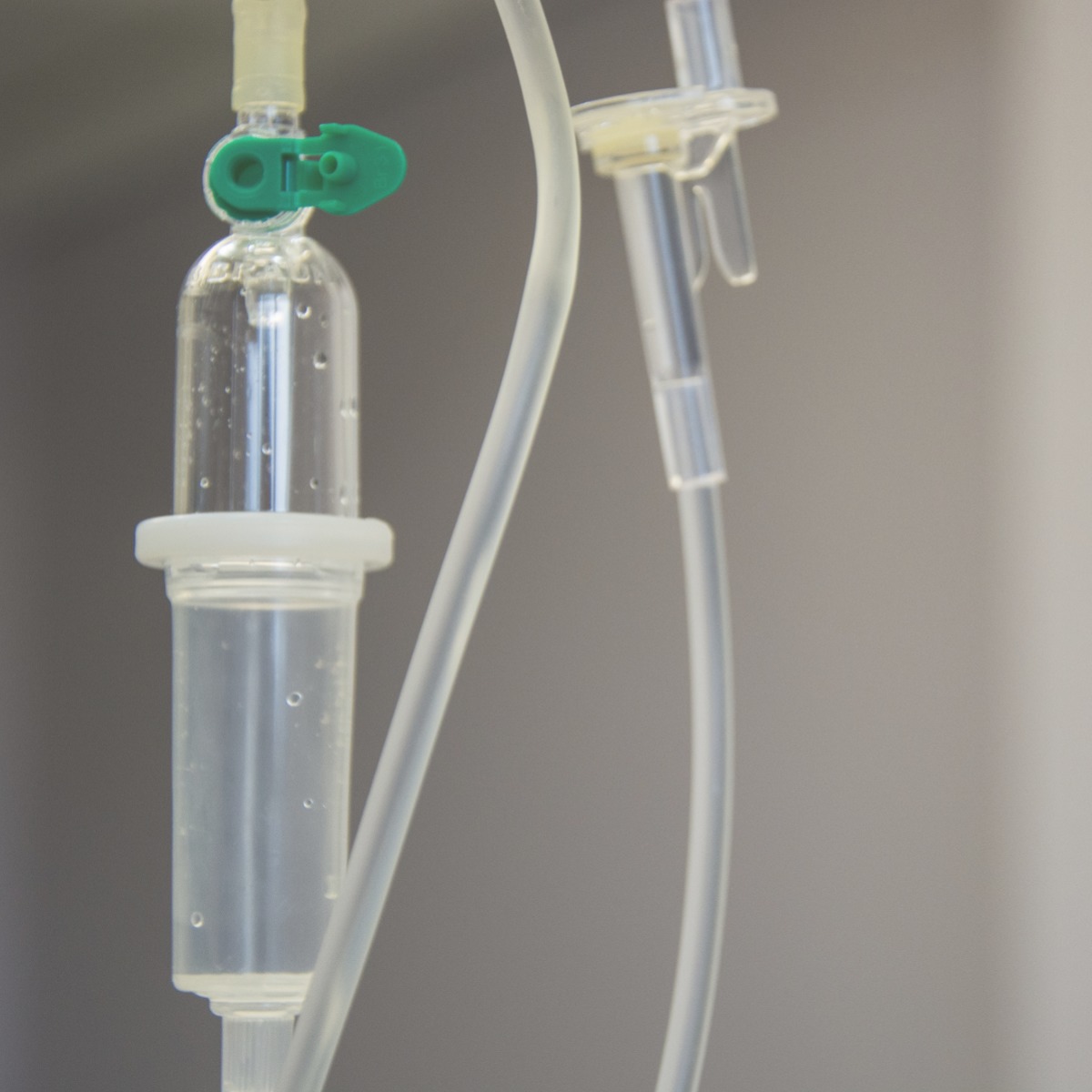By: Heather Douglas
Heather, who lives in Calgary, Alberta, shares her experience with accessing clinical trials in the United States as well as in Toronto, Ontario. She shares some helpful insights on what she’s learned and what others may want to consider.
I have been living with metastatic breast cancer for over eight years. While I am usually averse to using battle analogies for living with and dying from cancer, finding the best care has required a fight, considerable perseverance, and hard work. Fortunately, my ER+/PR+ tumours (pleura/liver/lymph) have responded well, but not great, to hormonal therapies. I’m onto my seventh line of treatment.
Over the past three years, I have participated in three clinical trials:
- phase 2 trial at Dana Farber Cancer Institute (DFCI) in Boston for 2 years
- phase 2 at DFCI for 3 months in Boston
- phase 1 at Princess Margaret Hospital (PMH) in Toronto, currently
What I’ve learned:
It’s work! Trials are not for everyone, and require extensive leg work, planning, and self-reliance. Perseverance is key. I heard “no” a lot. Ask questions - lead investigators often respond to emails.
It took me 18 months (and 2 conventional treatments), to find my first trial. I listened to research webinars, scoured canadiancancertrials.ca and clinicaltrials.gov, read publications, and monitored patient discussion boards. I learned about potential treatments, compiled a lengthy spreadsheet, and identified the best prospects for which I got feedback from my local oncologist. I learned it was best to keep to 3 questions.
Serendipitously, I found my first trial the same week in June, 2015 that I discovered my pleural mets had progressed on capecitabine. From a discussion board, I learned that a Phase 2 trial for a promising new combination was opening in Boston.
Don’t wait! The best time to access trials is during earlier lines of treatment. Trials, still - perhaps unfairly - exclude patients based on having too many previous lines of treatment. I unfortunately discovered this in October 2013 when I started to look for trials after my second progression.
Paraphrasing something I once read on twitter – the crappy chemotherapies will always be there.
It’s expensive! We don’t like to talk money but it’s an unfortunate reality. While I didn’t pay for the drugs on my U.S. trial, I covered SOC (standard of care) scans and labs and monthly travel to Boston. This adds up! US cancer centres usually provide estimates for additional costs. I’m using my retirement funds. Put bluntly, because of the reality of MBC; at 50, I don’t expect to need them. Fortunately, PMH in Ontario accepts my Alberta health insurance, but I still need to cover travel and hotel.
Travel is energy-sapping! Ironically, one must be fairly healthy to travel for trials. Phase 1 trials involve a lot of testing. For this PMH trial, I travelled weekly to Toronto for the first six weeks. It was a real grind.
I have pretty good research skills for finding trials on my own, but not everyone is so inclined. Our clinicians are busy taking care of us. We need dedicated coordinator/navigator positions to help us find appropriate clinical trials, connect with investigators, ensure transfer of records, and coordinate between health care teams. Clinical trial coordinators/navigators could ensure that we aren’t repeatedly making mistakes or missing opportunities. It would be wonderful if health services or charities could step in to fill this gap.








